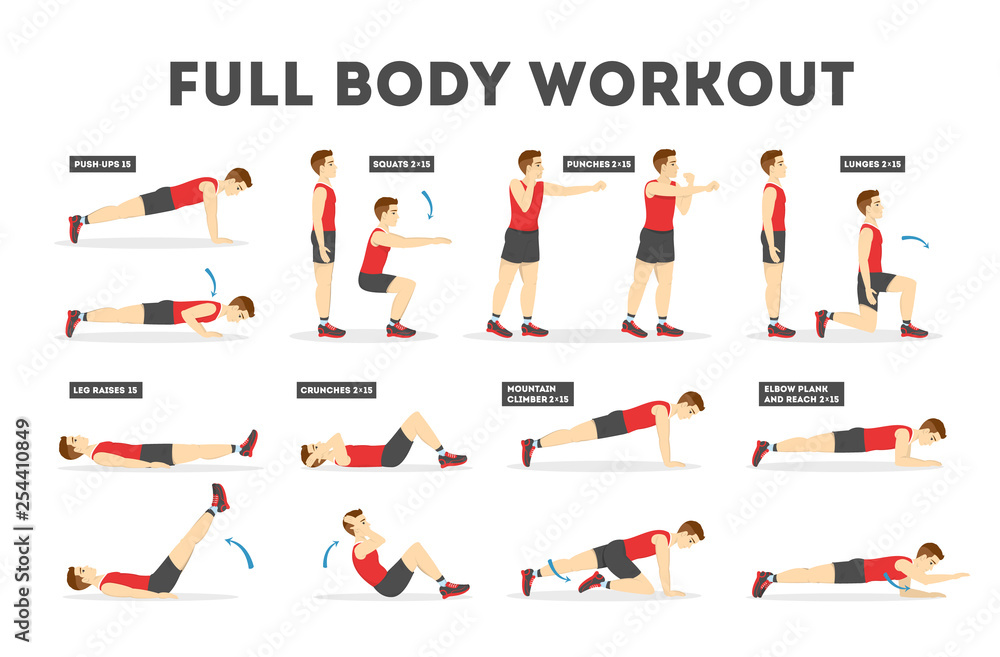https://weightliftingforpower.com/?p=3426&preview=true
In general, It decreases the risk of cardiovascular disease and increases insulin sensitivity, to name a few.
Strength training can be beneficial to mental health. It is a good stress reliever. Throwing some metal around is a great way to unwind after a hard day at the office.
It benefits the musculoskeletal system and can help treat and prevent back pain and knee, ankle, and shoulder problems. Strengthening the muscles around a joint can help take the strain off joints.
The knee is a great example. You are taking some of the load off the joint by supporting the quadriceps and hamstring muscles.
Strength Training for the Elderly
Falls are a big issue in the elderly, and a fractured pelvis can shockingly affect an older adult’s life. Strength training is beneficial in helping to prevent falls.
The stronger you are, the more quickly you catch yourself if you are off balance. Strength training also increases bone density, meaning you are less likely to break a bone if you fall.
Strength training can involve unilateral exercises. These are exercises on one leg, such as lunges, single-leg squats, standing hip extensions, and abduction.
By standing on one leg, you are challenging balance. Maintaining your balance as you age is a big part of preventing falls.
Virtually all sports have some dependence on maximal strength, underpinning performance in almost every sport.
The Role of Nutrition in Strength Training
While strength training is essential to overall health and longevity, it is not the only factor to consider. Nutrition also plays a critical role in supporting muscle growth and recovery. A protein-rich diet is essential to get the most out of your strength training workouts. This nutrient is necessary for building and repairing muscle tissue and can be found in lean meats, eggs, and legumes.
In addition to protein, consuming various fruits and vegetables is necessary to ensure you get all the vitamins and minerals your body needs to function correctly.
Strength Training for Older Adults
One of the most exciting developments in strength training is the growing recognition of its benefits for older adults. Many experts now recommend that individuals over the age of 65 engage in regular strength training as a way to maintain physical function and independence.
Exercise and Your Health, START in 2023 for a Rich LIFE! When designing a strength training program for older adults, it is essential to focus on safe and appropriate practices for their age and fitness level. This may include exercises with lighter weights or resistance bands and activities focusing on balance and flexibility.
The Importance of Recovery
While strength training can be incredibly beneficial for overall health and longevity, it is essential to remember that recovery is just as important as exercise. This means taking time off between workouts to allow your muscles to rest and recover. For example, a diet rich in nutrients supporting muscle recoveries, such as protein and carbohydrates, is essential. However, getting enough sleep and managing stress levels can also be critical in helping rescue overall health.
- Sports such as football and rugby need a high level of maximal strength, but all sports, from tennis to baseball, rely on it to help improve performance.
- Athletes use a variety of methods in strength training. For example, machine weights, free weights, dumbells, barbells, kettlebells, and resistance bands are all available and valuable tools in helping develop strength.
- Strength training can not only enhance athletic performance but can also help prevent injury. Strength training can prepare ligaments, muscles, and tendons to cope with this high level of force experienced during sport.
- A good strength training program also ensures a proper balance between muscle groups. The correct balance between opposing muscle groups provides good posture.
In conclusion, strength training has proven to be an effective way to improve longevity and overall health. With technological advancements and research, we can tailor our strength training routines to fit our needs and goals. It is important to remember that strength training is not just for bodybuilders or athletes but anyone looking to improve their quality of life. Incorporating strength training into our daily lives can increase our muscle mass, bone density, and overall strength, leading to a longer and healthier life.



